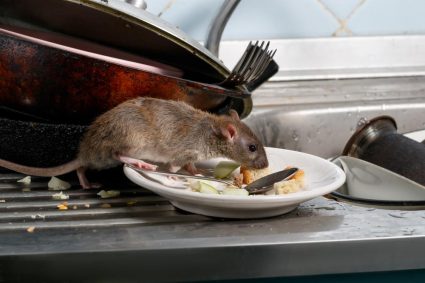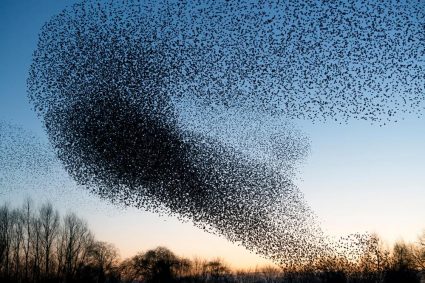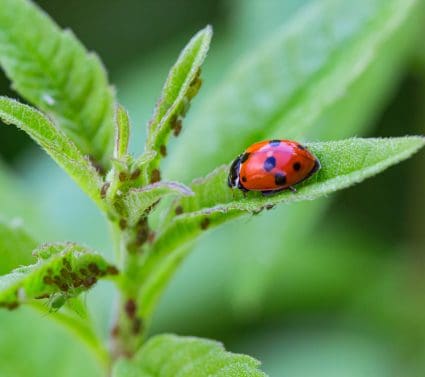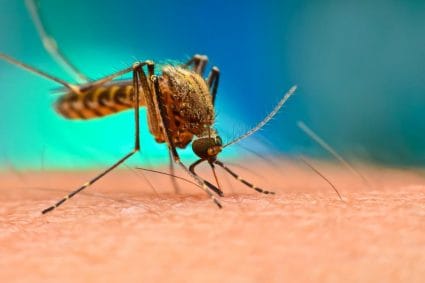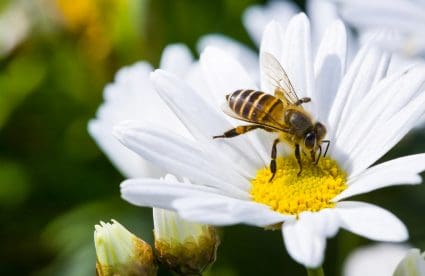
When it comes to wildlife, skunks are one of the most distinctive creatures. Known for their black and white coloration and their notorious defense mechanism – a pungent spray, skunks are not exactly the most welcomed visitors in our gardens or yards. Understanding what skunks hate can help us deter them and avoid unnecessary encounters. Let’s delve into the various things that skunks dislike and how you can use this information to keep them at bay.
Skunks dislike several things that can be used as deterrents. They are repelled by strong smells such as citrus, ammonia, mothballs, predator urine, peppermint, and capsaicin. Skunks are nocturnal and have sensitive eyes, so they avoid bright lights. They also avoid certain human-made objects and materials, such as ammonia-soaked rags, cayenne, or chili powder. Skunks dislike extreme heat and severe cold weather, and they tend to keep their distance from humans to avoid being startled or threatened.
The Smells Skunks Hate
Skunks have a highly developed sense of smell, which they use to locate food and detect danger. They are known to dislike several smells, which can be used to deter them from your property.
- Citrus: Skunks find the intense smell of citrus fruits like oranges, lemons, and grapefruits repelling. Placing citrus peels around your garden or yard can act as a skunk deterrent.
- Ammonia: The strong smell of ammonia is another scent that skunks detest. Soaking cotton balls in ammonia and placing them around your property can help keep skunks away.
- Mothballs: Skunks are also repelled by the smell of mothballs. However, use these with caution as they can be harmful to pets and children if ingested.
- Predator Urine: The smell of predator urine, such as that of dogs or coyotes, can scare off skunks. You can find predator urine in most hunting or outdoor stores.
- Peppermint: Skunks dislike the potent and invigorating scent of peppermint. Planting peppermint around your garden or using a peppermint spray can help keep skunks away.
- Capsaicin, Oil of Black Pepper, or White Peppers: These substances irritate skunks’ heightened senses of smell and taste, making them effective repellents.
Skunks and Light
Skunks are primarily nocturnal creatures with sensitive eyes. They tend to avoid bright lights, which can be used to your advantage. Installing motion-activated floodlights around your property can deter skunks and keep them away.
Human-Made Objects and Materials
Skunks are known to avoid certain human-made materials and objects due to their strong sense of smell. Some of these include:
- Ammonia-soaked rags or cotton balls: The harsh smell of ammonia can scare away skunks.
- Bright Lights: Skunks are nocturnal animals and do not like bright light. Installing motion-activated floodlights can help keep them away.
- Cayenne or Chili Powder: Sprinkling cayenne or chili powder around the perimeter of your property or garden can act as a deterrent.
Skunk Diet: What Not to Leave Out
Understanding a skunk’s diet can help you deter them by removing potential food sources. Skunks are omnivorous and opportunistic feeders, meaning they’ll eat just about anything. This includes insects, small mammals, fish, birds, garbage, and pet food. By securing your trash and not leaving pet food out at night, you can make your property less appealing to skunks.
Skunks and Weather
Skunks generally dislike extreme heat and severe cold weather. They tend to avoid being active during hot days, as their black coats absorb and retain too much heat. In winter, skunks do not hibernate but enter a state called torpor, which is a deep sleep that slows their metabolism and allows them to conserve energy during harsh weather conditions. They become less active and stay in their dens during cold spells, sometimes sharing dens with other skunks for extra warmth.
Human Interaction
Skunks are usually mild-tempered and tend to keep their distance from humans. However, they can become unpredictable when startled, sick, or feeling threatened. Therefore, it’s essential to avoid startling a skunk, which can cause it to spray as a defense mechanism.
In conclusion, understanding what skunks hate can be an effective way to deter them from your property. Remember to use these methods responsibly, as skunks play an essential role in controlling pests, and it’s vital to coexist with them peacefully.
Frequently Asked Questions
How often do skunks spray?
Skunks don’t spray frequently as it takes them up to ten days to replenish their spray supply once it’s been used. They’ll typically try to intimidate or scare off a threat first by hissing, stamping their feet, and raising their tail.
Can skunks climb fences or walls?
Yes, skunks are capable climbers, and can climb fences or walls that are not too high or slippery. However, they are not as adept at climbing as some other creatures, such as raccoons or squirrels.
How far can skunks spray?
Skunks can spray with remarkable accuracy up to 10 feet. However, under the right conditions, the spray can travel up to 20 feet.
Do all skunks carry rabies?
No, not all skunks carry rabies. However, skunks are one of the primary carriers of the rabies virus in North America. It’s important to avoid contact with skunks, especially those acting unusually, as this could be a sign of rabies.
How long do skunks live?
Skunks can live up to seven years in the wild, but most only survive for about three years. In captivity, they can live up to ten years.


